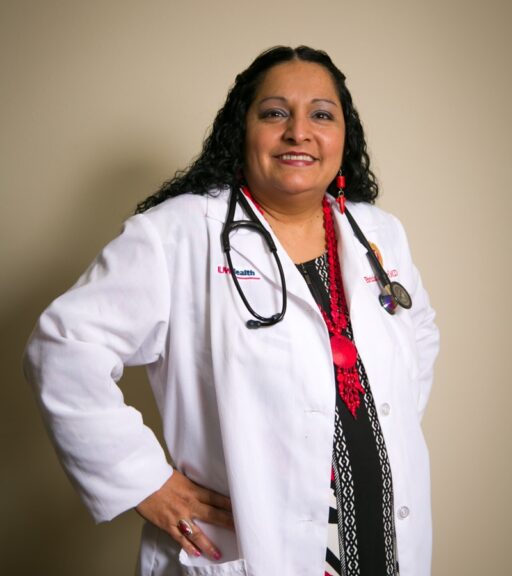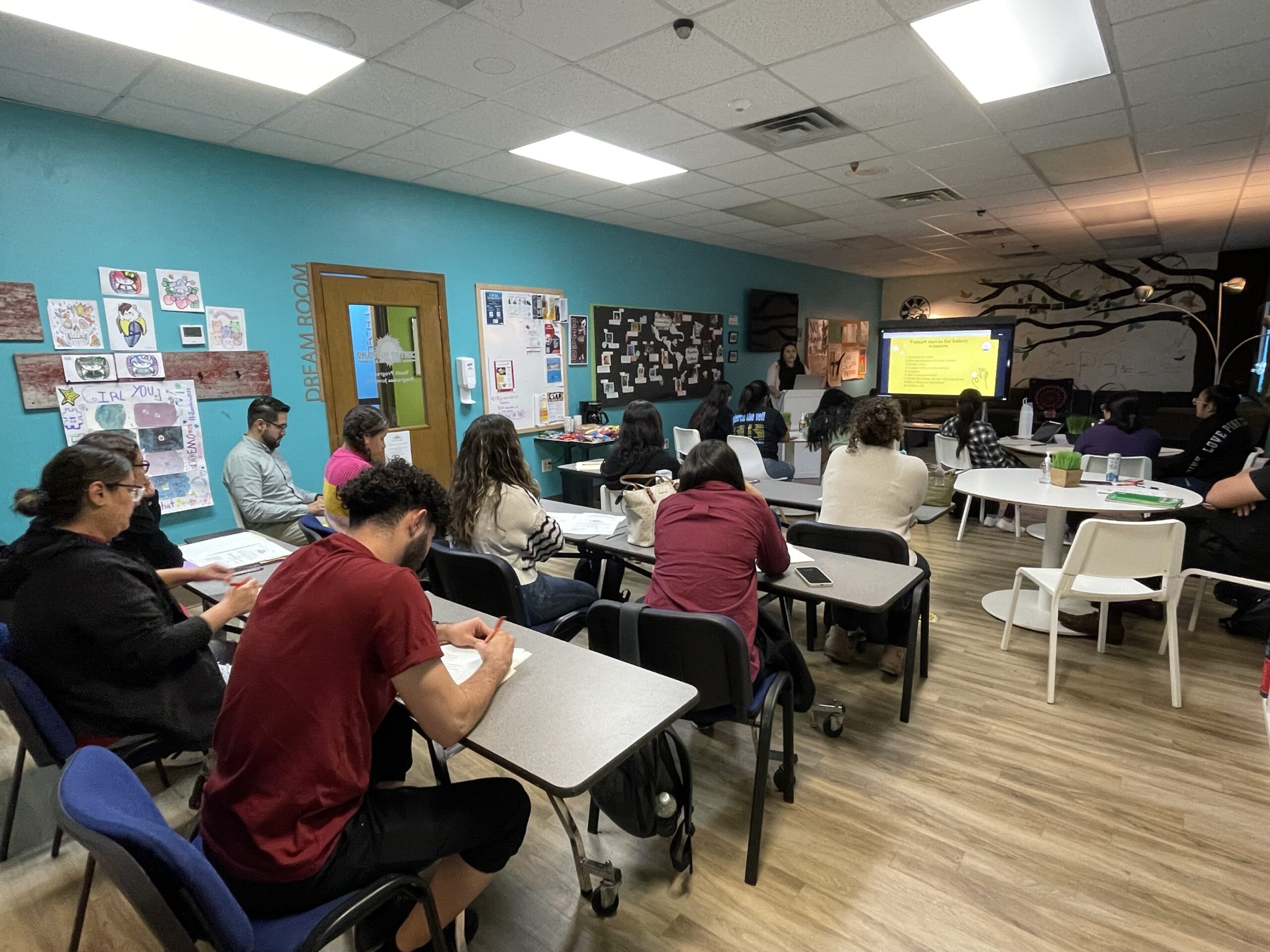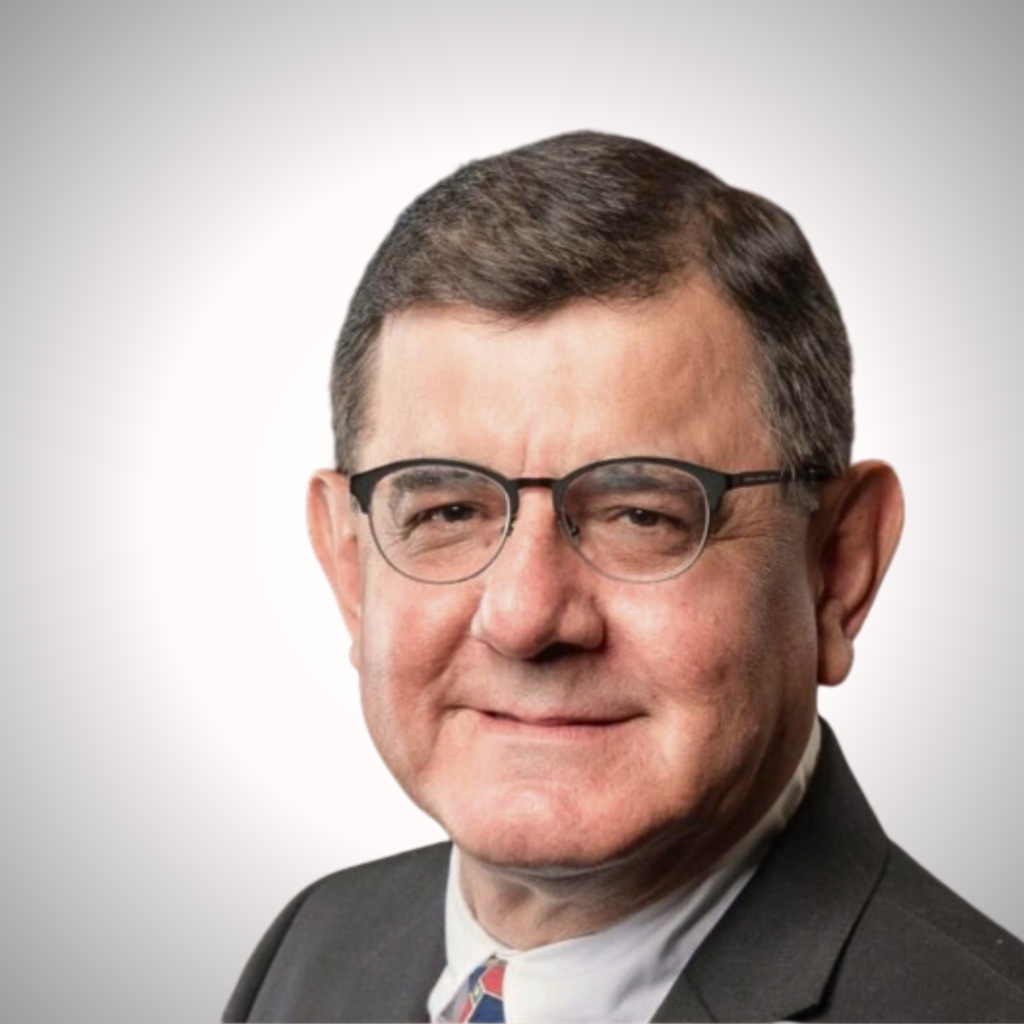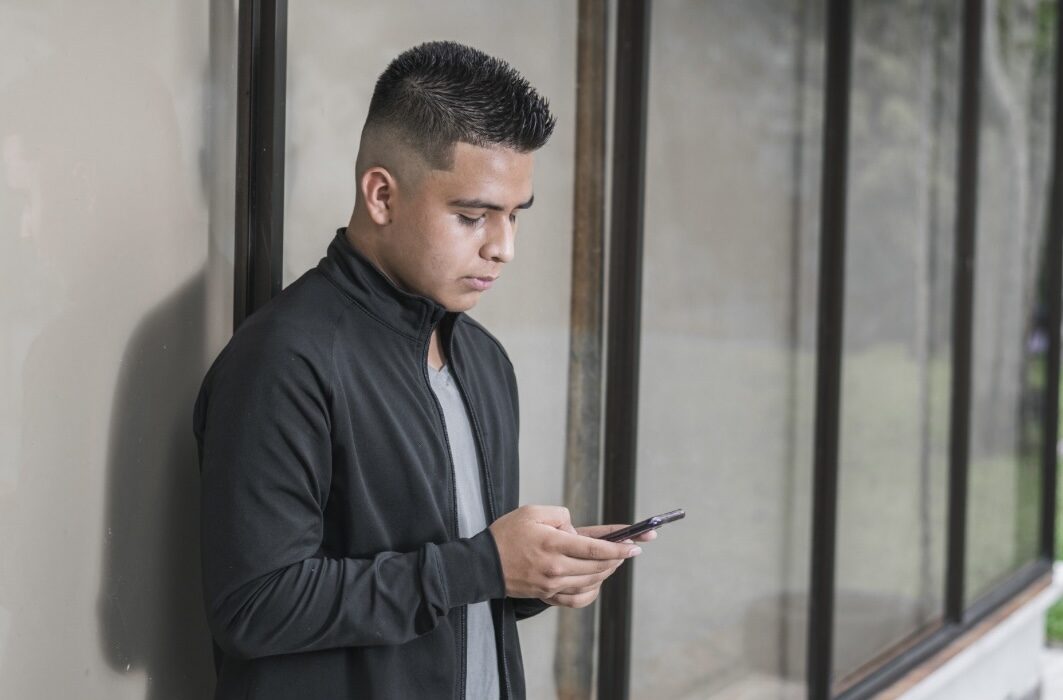Three years since the pandemic began, its lasting effects are becoming more apparent as communities look to physically, mentally and financially recover. BIPOC communities were hit the hardest in most states, and in Wisconsin, Hispanic or Latinx residents still have 1.4 times greater case rates than white Wisconsiners, according to the Wisconsin Department of Health Services.
While the pandemic fostered widespread misinformation through social media, Dr. Patricia Tellez-Giron says her organization used the speed of Facebook and other mediums to broadcast accurate updates.
“We knew that [misinformation] was gonna happen so we started giving education and information to dismantle the wrong information, so we went right away on the radio to answer questions and to give information that was accurate,” she said.
Dr. Tellez-Giron is an Associate Professor at the University of Wisconsin School of Medicine and Public Health, and Chair of the Latino Health Council, a group of 40 organizations throughout Dane County that support the health of Latinos through education, advocacy, consulting and networking.
For Dr. Tellez-Giron it made sense to inform the public immediately, in a format that resonated. She turned to the Consejo Latino para la Salud Facebook page and to Nuestra Salud on Madison’s La Movida station, a Spanish-language health education radio program that’s run for 18 years. This effort earned her recognition from Time magazine’s Meet 27 People Bridging Divides Across America.
For many, obvious health risks came secondary to the risks of not working.
“We knew that day one when this came that we were going to be hit hard ‘cause most of the people had to go and work and did not have jobs where they could stay home and work from home, so regardless of the fear of having to go [to work] and getting infected, they had to go out because they needed to pay rent and food and everything and indeed, we saw that the community was greatly affected, not only medically but also financially,” she said.
The stakes were extra high for undocumented people who were not eligible to recieve stimulus checks and who face numerous additional barriers.
“So it goes from, again, being uninsured, the language, the access to services and not only medical services but social services that are very, very important. Coming from a different culture and having to, you know, acculturate to all the norms in here, eating differently, navigating the weather, so there are so many things and then racism and discrimination big, big, big time,” she explained, citing pre existing racial disparties.
Tellez-Giron says she sees the impact of Latino Health Council’s reach in Dane County. As of Oct. 12, 60.3 percent of Hispanic residents in the state have received at least one COVID vaccine dose. In Dane County, 86.6 percent of the Hispanic population has received one vaccination compared to 80.5 percent for non-Hispanics in the county.
As for the path forward, Tellez-Giron says “It is hard to know because what we know until now is that we don’t really have this virus under full control. We are smarter, so we know more about this virus, we have the vaccines, we have the masks, washing your hands, keeping your distance, but it’s how do you educate people that have chosen not to follow the rules, who are then influencing everybody else,” she asks.
Experts have studied COVID news fatigue, the idea that people have become increasingly disinterested in updates as the pandemic has gone on. She says people’s curiosity in what seemed to be the latest health threat, Monkeypox, has already passed.
“Initially we had a lot of interest, like in the radio people would call and ask about it, and now we don’t really have much,” she explained.
Last month President Biden came under fire for declaring that the pandemic was over. In an Oct. 4 webinar from The Center for Health Journalism, Dr. Anthony Fauci, the president’s Chief Medical Advisor voiced his concerns with this statement.
“Right now it looks like we’re going in the right direction, however, we are entering into the winter months where no matter what the respiratory disease is, there’s always a risk of an uptick in respiratory diseases,” he said.
However, he does remain hopeful on the nation’s ability to handle future health concerns.
“If lessons learned are really learned, we would do better. I think if you look at the kinds of things, and I hope… I hope that gets translated into a better implementation when the next threat does occur,” he said.
Though it’s unclear what’s to come, Tellez-Giron says Latinos’ resilience and support for one another continues.
“We don’t wait for other people to provide for us and this pandemic showed again how if we work together, even among the community, even within the community, we can help each other,” she said. “Most of the time when things like this happen, it’s the [Latino] community that starts responding and providing for the community, showing the community at large that we are not here to be burden, we are here to be a part of this community and to contribute and to provide for our own if we can’t get the resources that we need.




